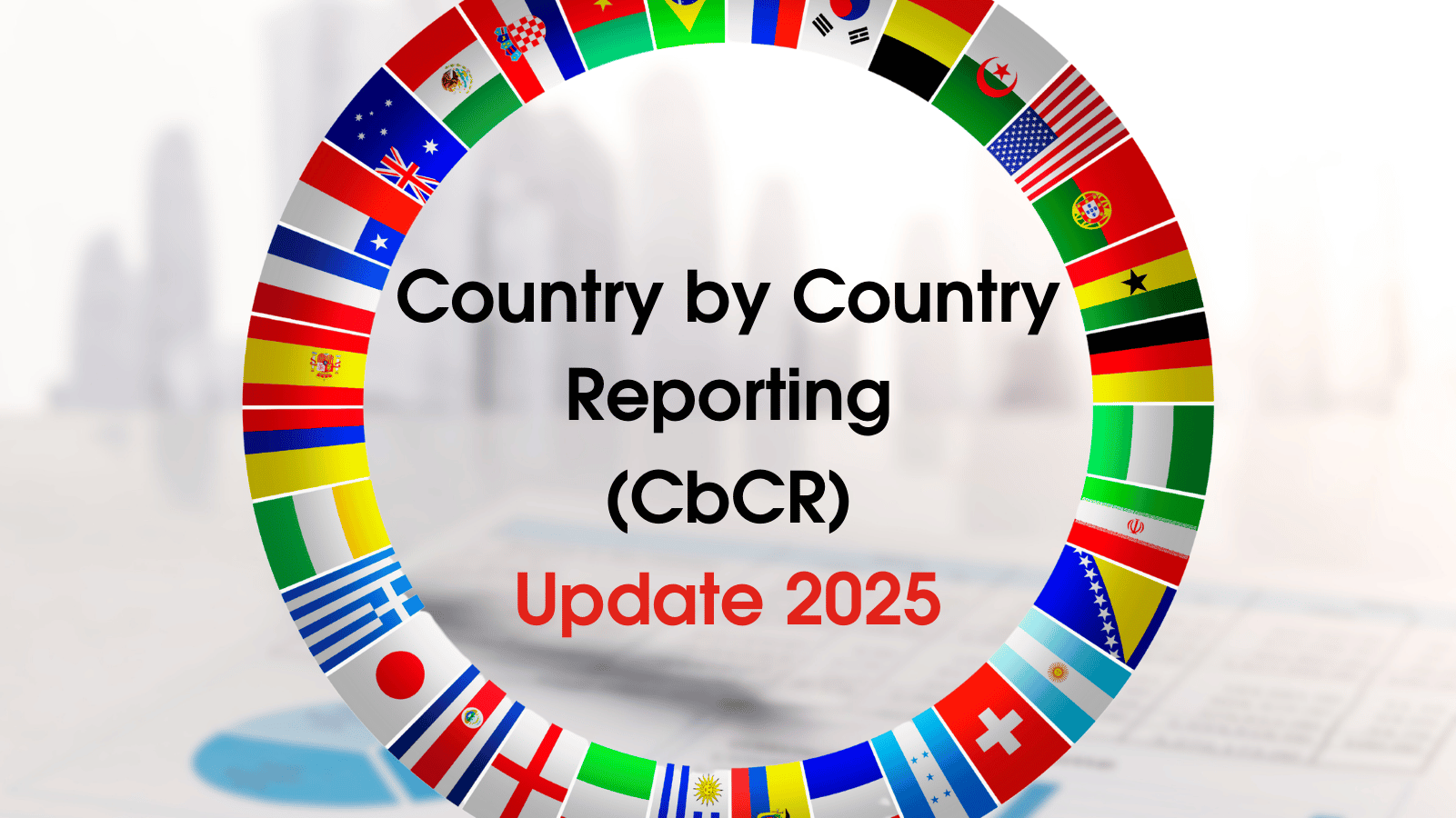
Updated CbCR in Israel 2025: Country-by-Country Reporting & Tax Circular Changes
Introduction
As globalization expands, multinational enterprises (MNEs) operate across jurisdictions, using tax planning strategies to optimize liabilities. To increase transparency and address base erosion and profit shifting (BEPS), the Organisation for Economic Co-operation and Development (OECD) introduced Action 13, which requires country-by-country reporting (CbCR). Israel has adopted this framework to provide tax authorities with insights into the operations of MNEs’ Israeli branches and subsidiaries, focusing on their interactions with foreign parent companies. The 2025 tax circular introduces new reporting obligations for Israeli entities.
The OECD’s CbCR Framework
CbCR requires MNEs with consolidated revenue exceeding EUR 750 million to report global income allocation, taxes paid, and financial details. The report includes revenue, profits, tax paid, employees, and tangible assets per jurisdiction, aiding tax authorities in detecting profit shifting.
Implementation in Israel
Israel, as an OECD member, enforces CbCR through domestic regulations. While the ultimate parent entity of an MNE group is generally responsible for submitting the Country-by-Country (CbC) report in its jurisdiction, Israeli subsidiaries and branches must align with reporting obligations when their parent company’s jurisdiction does not exchange information with Israel.
Key obligations for Israeli subsidiaries and branches include:
- Filing Requirements: If an Israeli entity is part of an MNE whose parent is in a jurisdiction without an exchange agreement, the Israeli subsidiary or branch may be required to file the CbC report locally.
- Notification: Israeli subsidiaries and branches must notify the Israel Tax Authority (ITA) about the reporting entity’s details and ensure compliance.
- Exchange of Information: Israel participates in automatic CbCR data exchange under OECD agreements.
- Audited Financial Statements: Israeli subsidiaries must submit audited financial statements to the ITA, ensuring alignment with CbCR and transfer pricing disclosures.
- New reporting guidelines for 2025: The updated tax circular requires additional reporting and disclosure of information for Israeli subsidiaries regarding intra-group transactions, the parent entity’s reporting location, and possible information exchange failures. Companies must submit Form 1685 with their annual tax report for enhanced cross-border financial transparency.
Compliance Challenges
Israeli subsidiaries and branches face challenges such as:
- Data Accuracy: Ensuring data aligns with parent company reporting standards.
- Coordination with Parent Entities: Effective communication is necessary to gather required information.
- Regulatory Discrepancies: Varying interpretations of CbCR create complexities.
- Non-Compliance Penalties: Failing to comply may lead to fines and scrutiny from tax authorities.
The ITA enforces compliance through international cooperation, data verification, and audits.
Best Practices for Israeli Subsidiaries and Branches
To ensure compliance, Israeli subsidiaries should:
- Establish transparent reporting processes with their parent company.
- Implement automated systems for accurate data collection.
- Stay informed on CbCR regulatory changes.
- Maintain thorough documentation on transfer pricing.
- Ensure audited financial statements align with CbCR disclosures.
- Submit Form 1685 as per new tax requirements.
- Consult tax professionals for compliance guidance.
Final Thoughts
The updated 2025 tax circular reinforces Israel’s commitment to tax transparency. Israeli subsidiaries must comply with enhanced reporting obligations, ensuring coordination with their parent entities. By adopting best practices, businesses can mitigate risks, avoid penalties, and maintain financial credibility in the evolving international tax environment.
Contact us today to learn how we can help your multinational company stay compliant and thrive in Israel.
Chairman of AUREN Israel
“Business generator” and expert in geo-strategic consulting for international companies
